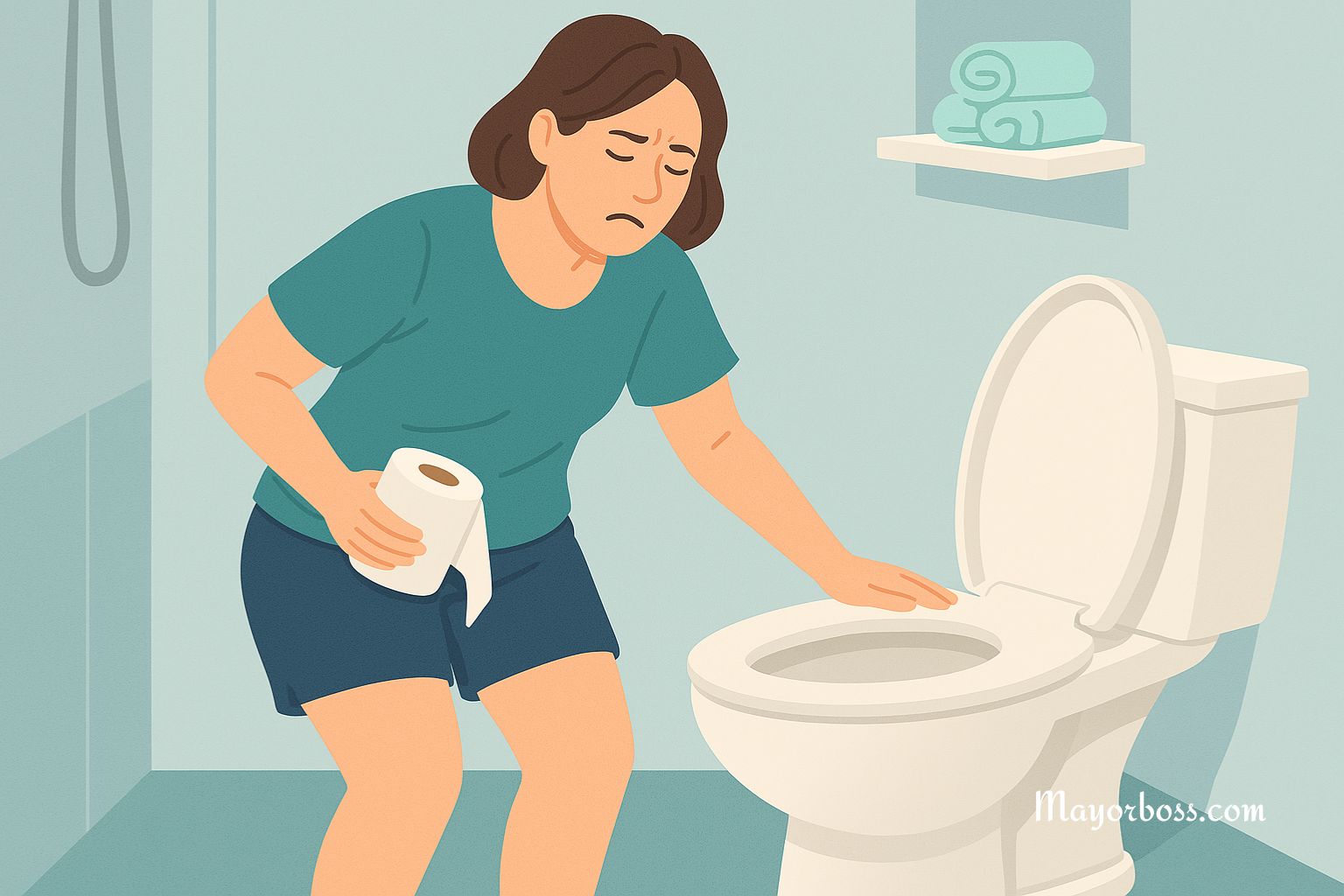How To Flush Out Excess Ammonia From Your Body
Ammonia is a waste product made when your body breaks down proteins. The liver normally changes ammonia into urea, which the kidneys then remove through urine. When this process does not work well, too much ammonia can build up and cause problems. The medical term for high ammonia levels is hyperammonemia. This article explains what ammonia is, why it can build up, and what you can do to help flush it out safely.

What Is Ammonia?
Ammonia is a simple chemical that your body makes naturally. When you eat protein, your body breaks it down into smaller parts. One of these parts is ammonia. Normally, your liver turns ammonia into urea. Urea is much less harmful and leaves your body through your urine. When the liver does not work well or if too much protein is eaten, ammonia can build up in the blood. High levels of ammonia can hurt the brain and cause symptoms such as confusion and tiredness.
What Causes High Ammonia Levels?
Several problems can make ammonia build up in your body. These include:
- Liver Disease: If your liver is sick, like with hepatitis or cirrhosis, it may not turn ammonia into urea properly.
- High Protein Intake: Eating a lot of protein can make your body produce more ammonia than usual.
- Kidney Problems: If your kidneys are not healthy, they might not remove urea as well as they should.
- Genetic Conditions: Some people are born with disorders that affect how their body handles ammonia.
- Medications: Some drugs can make the liver work less well, which can raise ammonia levels.
Signs and Symptoms of High Ammonia
High ammonia levels can make you feel very unwell. Some signs to watch for are:
- Feeling confused or having trouble thinking
- Extreme tiredness or weakness
- Feeling sick to your stomach or vomiting
- Changes in how you act or feel
- Shaky muscles or twitching
If you notice any of these signs, it is important to see a doctor as soon as you can.
How To Help Flush Out Excess Ammonia
There are safe ways to help your body get rid of extra ammonia. These methods support the liver and kidneys and help control the amount of ammonia your body makes.
Drink Plenty of Water
Water helps your body flush out waste. When you drink enough water, your kidneys can work better to remove urea from your blood. Try to drink at least eight glasses of water every day. If you have kidney or liver problems, talk to your doctor about how much water is best for you.
Change Your Diet
Your food has a big impact on how much ammonia your body makes. Simple changes in your diet can help reduce extra ammonia:
- Eat Less Protein: Lower your protein intake to help lower ammonia production. Choose a good quality protein and eat it in small amounts.
- Eat More Fiber: Foods like fruits, vegetables, and whole grains give your body fiber. Fiber helps your digestive system and may lower ammonia levels.
- Avoid Processed Foods: Processed foods can have additives that make the liver work harder. Try to eat fresh food when you can.
Support Your Liver
A strong liver helps keep ammonia levels normal. You can take steps to protect your liver:
- Avoid Alcohol: Alcohol can hurt liver cells and reduce the liver’s ability to process toxins.
- Be Careful With Medications: Follow your doctor’s advice when you take any medicine. Some drugs can stress the liver.
- Consider Natural Aids: Some natural products, like milk thistle, may support liver health. Before taking any supplements, ask your doctor if they are safe for you.
Care for Your Kidneys
Your kidneys also help remove waste from your body. Keeping them healthy is very important:
- Eat a Balanced Diet: A diet low in salt and high in fruits and vegetables can help your kidneys work better.
- Stay Active: Regular exercise improves blood flow and helps your organs work well.
- Watch Your Medicine Use: Some medicines can harm the kidneys. Always use them as directed by your doctor.
Medical Treatments
Sometimes, extra ammonia in the body needs more than changes in diet and exercise. Your doctor may use medicine that helps turn ammonia into substances that the body can remove more easily. In very serious cases, a treatment called dialysis might be needed to clean the blood. Always follow your doctor’s advice if they suggest medicine or other treatments.
When to See a Doctor
It is important to get help if you show signs of too much ammonia in your body. A doctor can run tests to check how well your liver and kidneys are working. If you already have liver or kidney problems, regular tests are very important. Do not wait if you feel confused, very tired, or sick.
Final Thought
Taking care of your liver and kidneys is key to keeping ammonia levels in check. Drinking plenty of water, eating a healthy diet, and avoiding alcohol can all help. If you are on medication or take supplements, always talk to your doctor about the best choices for you.






